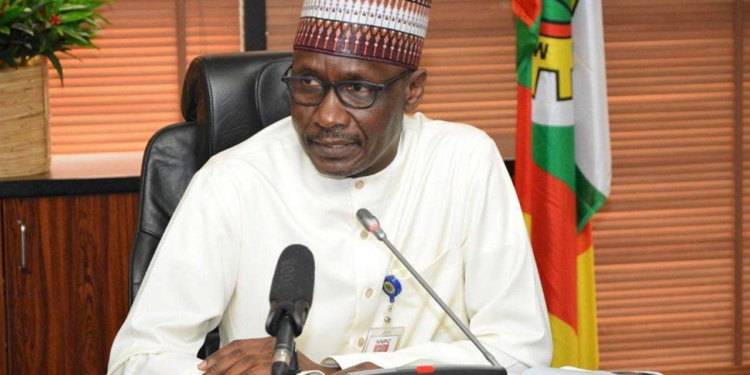Reactions have continued to trail the increase in the pump prices of petrol by the Nigerian National Petroleum Company Limited (NNPC).
The increase has sparked outrage with its recent petrol price hike, now reaching N1,030 per litre in Abuja and N998 in Lagos. This marks the second increase in a month, reflecting a staggering 430 per cent rise since May 2023
Reacting to this, the President of Nigerian Association of Chamber of Commerce, Industry, Mines and Agriculture (NACCIMA), Dele Kelvin Oye, has campaigned against a fresh hike in the price of fuel.
This is even as he noted that the new increment will affect the real sector and lead to closure of more industries that have been struggling to survive the hard business environment.
In his reaction to the fresh increment, Oye said: “The fresh increase in petrol pump prices to N998 per litre in Lagos and N1030 per litre in Abuja poses significant implications for both businesses and households in Nigeria.
This decision, influenced by several underlying factors, warrants careful examination of its potential repercussions on our economy, particularly in the realms of pricing for goods and services and transportation
With transportation costs directly tied to fuel prices, this increase will serve as a catalyst for higher freight charges.
Noting that the price hikes will invariably filter down through the supply chain, leading to an increase in costs for consumers across various sectors, he noted that. foodstuff. household essentials, and all other goods will become pricier, severely impacting household budgets and straining purchasing power.
Oye claimed that, since fuel is a primary driver of inflation, the rise in petrol prices will exacerbate the already high inflation rate in Nigeria. Households will find themselves paying more not only for fuel but also for everyday goods and services, prompting a vicious cycle of rising costs and economic hardship.
He said the hike will have effects on businesses and Small and Medium Enterprises (SMEs) since they depend on use of fuel and diesel to power their machines.
He reminded the federal government that Nigeria is home to over 41.5 million micro enterprises, which constitute 99.8 per cent of all businesses in the country.
“These small-scale businesses are already grappling with challenges such as poor power supply and rising operational costs.
The surge in petrol prices will further strain their already meagre resources,” he pointed out.
Also, the Trade Union Congress (TUC) has demanded that the federal government implement a special foreign exchange (FX) scheme for the Dangote Refinery to stabilise and reduce the price of fuel
The labour centre renewed the call in response to the recent increase in fuel prices across the country, which TUC attributed to the weakening and the devaluation of the local currency.
TUC president, Festus Osifo at a briefing in Abuja yesterday stated that the deregulation of the downstream petroleum sector, coupled with the fluctuating exchange rate, has led to a significant rise in fuel costs, with PMS prices now exceeding N1,000 per litre.
Osifo added that the key to lowering fuel prices lies in the FX rate applied to Dangote Refinery’s operations if the government intervenes and offers a special FX rate of N1,200 per dollar to the refinery, PMS prices could drop below N700 per litre.
The TUC emphasised that energy security in Nigeria hinges on three pillars of availability, accessibility, and affordability.
While Dangote Refinery has a daily production capacity of 650,000 barrels, Osifo expressed concerns about the current output, which it claims is insufficient to meet Nigeria’s daily fuel consumption of 35 million litres.
The union called for greater transparency regarding the refinery’s production levels and for other marketers to be granted access to its fuel output.
TUC also stressed the need for government action to support local refineries and address the FX challenges, as energy costs impact all sectors of society, from transportation to small businesses.
He said, “If the government today makes a special intervention in that sector by giving Fx to Dangote Refinery at 1,200 Naira to a dollar, PMS price is going to crash much more below 700 Naira per litre of PMS.
So the demand is that the government should create a special Fx scheme for that purpose. There is no government in the world that doesn’t intervene in its critical sector, and the critical sector in this case is the energy sector.
The government can intervene in that sector by what we have opined earlier, that will even help Dangote Refinery to even employ more Nigerians and make its operations much more efficient and that will crash the PMS price to where it was as of June last year”.



